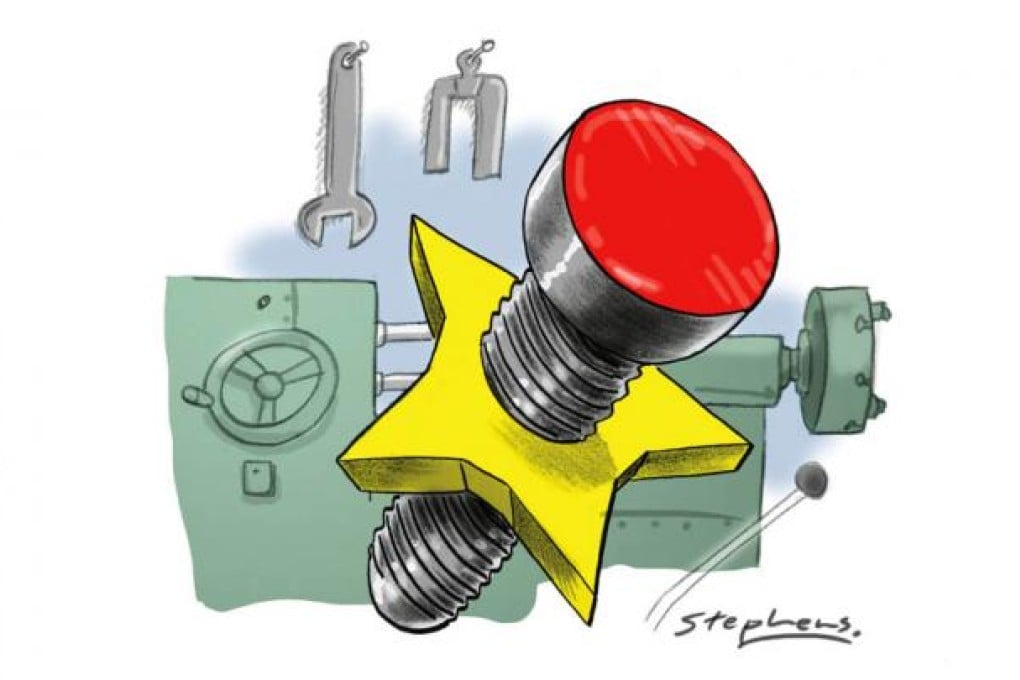Chinese boycott of Japanese products over Diaoyus makes no sense
John Gong says any Chinese boycott of Japanese products will prove ineffective, given that it will be hard to sustain and, more importantly, will hurt China's economy just as much

Patriotism is the last refuge of a scoundrel, Samuel Johnson once said. What has happened in the latest anti-Japan protests across China shows once again that, after 30 years of economic development, there's still no shortage of scoundrels in this country.
An article in The New York Times said Beijing was sending mixed messages over these protests. But I do not see any ambiguity - the display of patriotism is certainly lauded, but the display of the kind of scoundrel patriotism, particularly in the form of vandalising property and terrorising society, should be condemned absolutely. The message from Beijing is loud and clear - hunt down the scoundrels, lock them up and prosecute them all!
But to those law-abiding protesters, I say that a boycott of Japanese products might be a tough sell. First, I should say that I am on the government's side in the dispute: the Diaoyu Islands belong to China, no matter from what angle one looks at it - historically, legally or geographically. Beijing should continue to send ships there to exercise its sovereign right.
However, a boycott is not going to be an effective weapon in seeking to influence Tokyo to change its position on the islands. On the contrary, it will hurt the pro-China forces in Japanese politics.
The first question to ask is whether a boycott could be sustained in the first place. Boycotts of Japanese goods have been tried in China on numerous occasions, for numerous reasons, in the past - every time tension has flared in Sino-Japanese relations. But they have never really succeeded in a big way. The boycott calls in 2005 lasted no more than a month.
When I was attending college in the late 1980s, there was a brief anti-Japan demonstration in Beijing that I participated in. I still have vivid memories of student leaders calling for a boycott of Japanese goods. It probably lasted a week at most.
And it's not just in China: boycotts the world over generally fail; in shopping malls, people vote with their wallets, though they may claim to do otherwise. Publicly smashing Japanese cars - even legally - has been tried before: union members in Detroit did so at the height of imports of Japanese vehicles to the US in the late 1980s. But look at the market share of Toyota, Honda and Nissan in the US today. Some US politicians have been calling for a boycott of cheap goods from "red" China for years. Yet, the famously patriotic American public continues to go to Walmart to load up with these items.